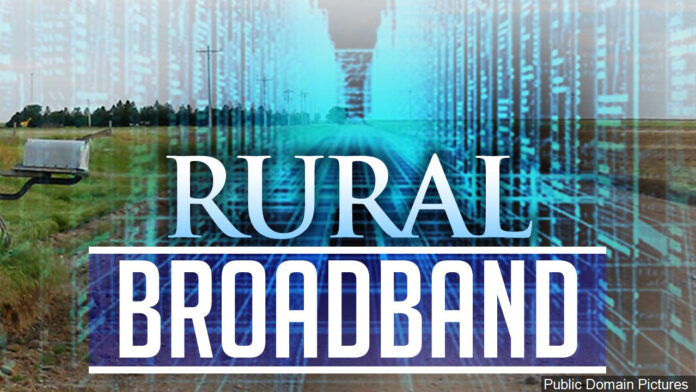HARLINGEN — The city’s digital gap, swallowing more than a third of its homes, ranks among the fifth deepest in the United States.
In Harlingen, 7,887 homes, or 34.4 percent of a total of 22,901 households, lack broadband connection, ranking the city second to the bottom, ahead of only Pharr, according to the 2019 Census’ American Community Survey of 185 large and mid-sized cities.
Meanwhile, the Census survey ranked the city as fifth to the bottom based on its number of households lacking access to wireless connections.
Now, officials are planning a $4 million project aimed at bringing internet access to all the city’s homes.
“The problem is people can’t afford high-speed internet,” Sergio Mujica, the city’s technology director, said Tuesday. “It’s not a luxury anymore — it’s a necessity.”
Last week, city commissioners agreed to contract with Houston-based Cobb Fendley & Associates to conduct a $100,000 study to help charter the project’s course.
“We will assess the feasibility of using municipal rights-of-way, fiber infrastructure, pole lines and other assets for the city to provide broadband service throughout the community,” company officials stated as part of their contract.
Under a partnership, the Harlingen school district will fund half the cost of the study aimed at determining whether the city’s broadband network will be made up of fiber optics, fixed wireless, satellite technology or a mix.
“We specified to keep all options open,” Ana Hernandez, the city’s special projects director, said. “At the end of the day, we want to pick the most cost-effective option. The cost will determine what option we’ll pursue.”
School district bridging gap
At the school district, officials found about 900 students’ homes lacked internet access in March 2020, spokeswoman Brianna Vela Garcia said.
“We need to do all we can to get our children online and this innovative partnership with the city supports us in putting an infrastructure in place for our students and their families,” she stated. “When we transitioned to remote learning at the beginning of the pandemic, our school district could identify zones across our community where students lacked adequate internet access.”
Officials mulling technology options
At City Hall, officials are planning to install fiber optics to connect public buildings, a move that will lead the city to stop renting cable, Gonzalez said.
“We won’t have to rent the lines anymore but there may be some maintenance costs,” he said, referring to fiber optics cables.
Across town, officials are planning to install fiber optics to connect commercial centers along with the downtown district, Hernandez said.
But around the city’s neighborhoods, officials are considering turning to wireless technology, noting fiber optics would require burying cable under streets and sidewalks.
Proposals include turning the city’s street lights into Wifi hotspots.
In McAllen, that’s how officials connected the city to the internet.
It’s not free
But the project won’t make internet access free, Gonzalez said.
“The system has to generate income to provide those services,” he said. “We want to charge a minimum fee because there are going to be maintenance issues to keep up the lines.”
Meanwhile, many residents might want to hold on to their contacts with internet service providers.
“We’re not going to be providing high-speed internet,” Gonzalez said. “If you just want basic service, you can rent from us. But you won’t be able to stream movies on this. There’s going to be people who want to keep their service provider.”
Next year, officials plan to launch the $4 million construction project, funded through part of the city’s $21 million share of the American Rescue Plan Act.




